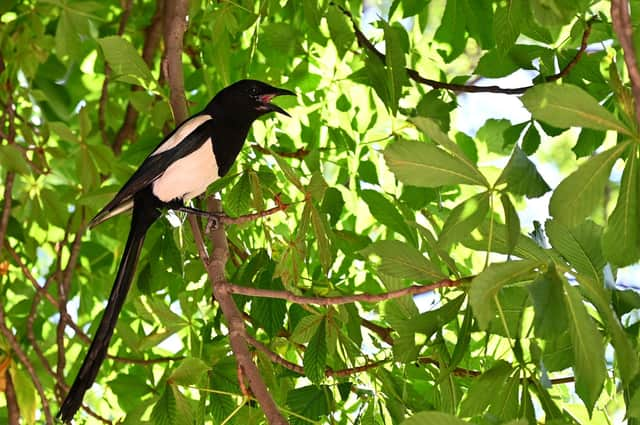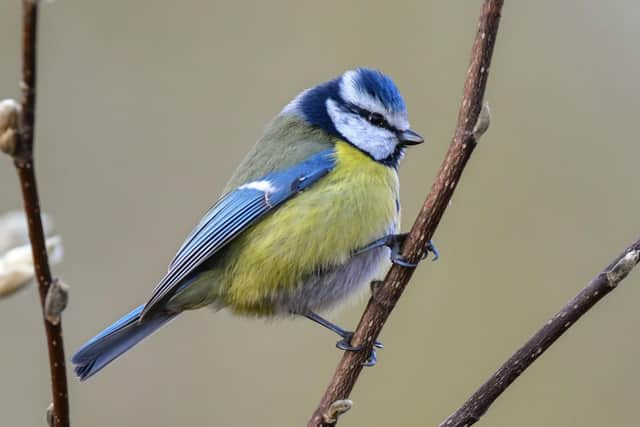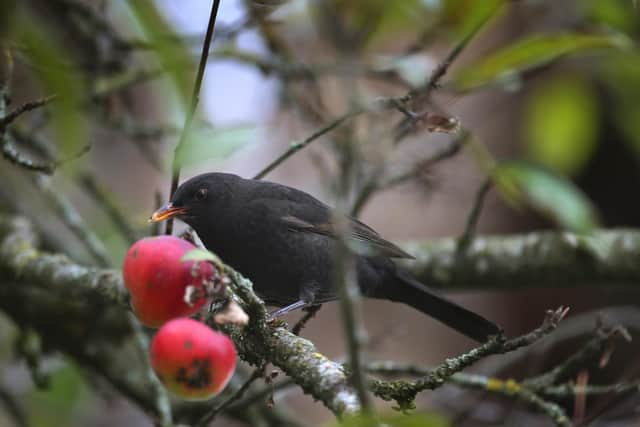Big Garden Birdwatch: how Sheffielders can get involved with January challenge
This article contains affiliate links. We may earn a small commission on items purchased through this article, but that does not affect our editorial judgement.


The Big Garden Birdwatch, organised by the RSPB, is making a return from January 28-30, and everyone across the country is encouraged to get involved to see how many birds they can spot.
Participants are asked to take one hour out of the weekend and record the birds that they see in their garden or local green space – with roughly 800 green spaces across Sheffield, residents will not need to travel far to participate.
Advertisement
Hide AdAdvertisement
Hide AdThe most commonly spotted birds in South Yorkshire include robins, magpies, woodpigeons, blackbirds, and bluetits, but over the course of an hour less common birds are likely to fly into view.


To attract bluetits to your garden, fill a birdfeeder with, suet, or peanuts. Blackbirds mostly feed on the ground and will eat a broad range of foods, from fatty nibbles to mealworms,
The Bird Garden Birdwatch began in 1979, and last January more than one million people took part, coming together to look out for birds up and down the country.
Sadly, 38 million birds have been lost from UK skies in the last 50 years, and the RSPB says it is important that individuals do all that they can to look after birds.
Advertisement
Hide AdAdvertisement
Hide AdIf you don’t have access to a garden there are plenty of places in Sheffield where you are certain to spot birds, such as Endcliffe Park. Here, you are likely to see a variety of songbirds and water fowl, such as wren, grey heron, grey wagtail, Eurasian nuthatch and short-toed treecreeper.


The event is free to take part in and can completed several times over the weekend, as long as each watch is from a different location. It is held in winter because this is the time when birds are more likely to come to people’s gardens in search of shelter and food.
After recording the birds you have spotted, you can send your results to: https://rspb.org.uk/get-involved/activities/birdwatch/. This will help the RSPB track changes to bird populations year on year.
